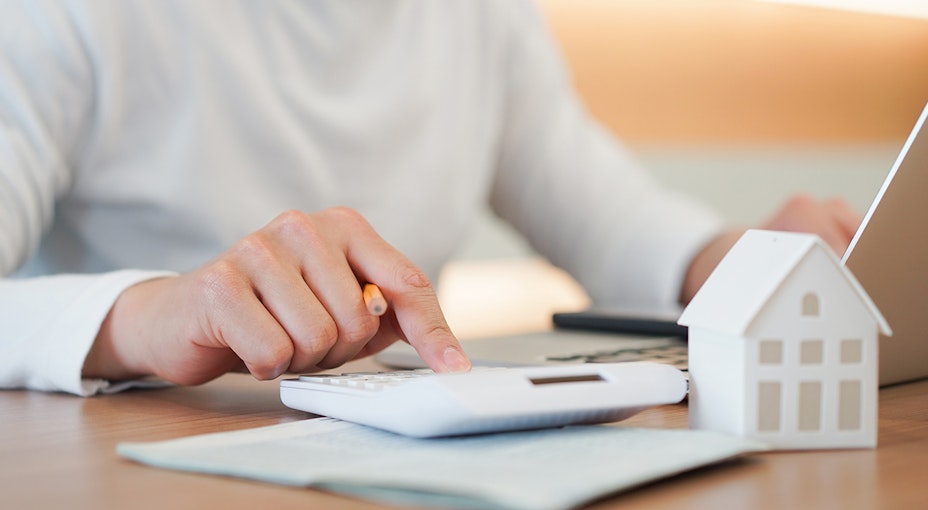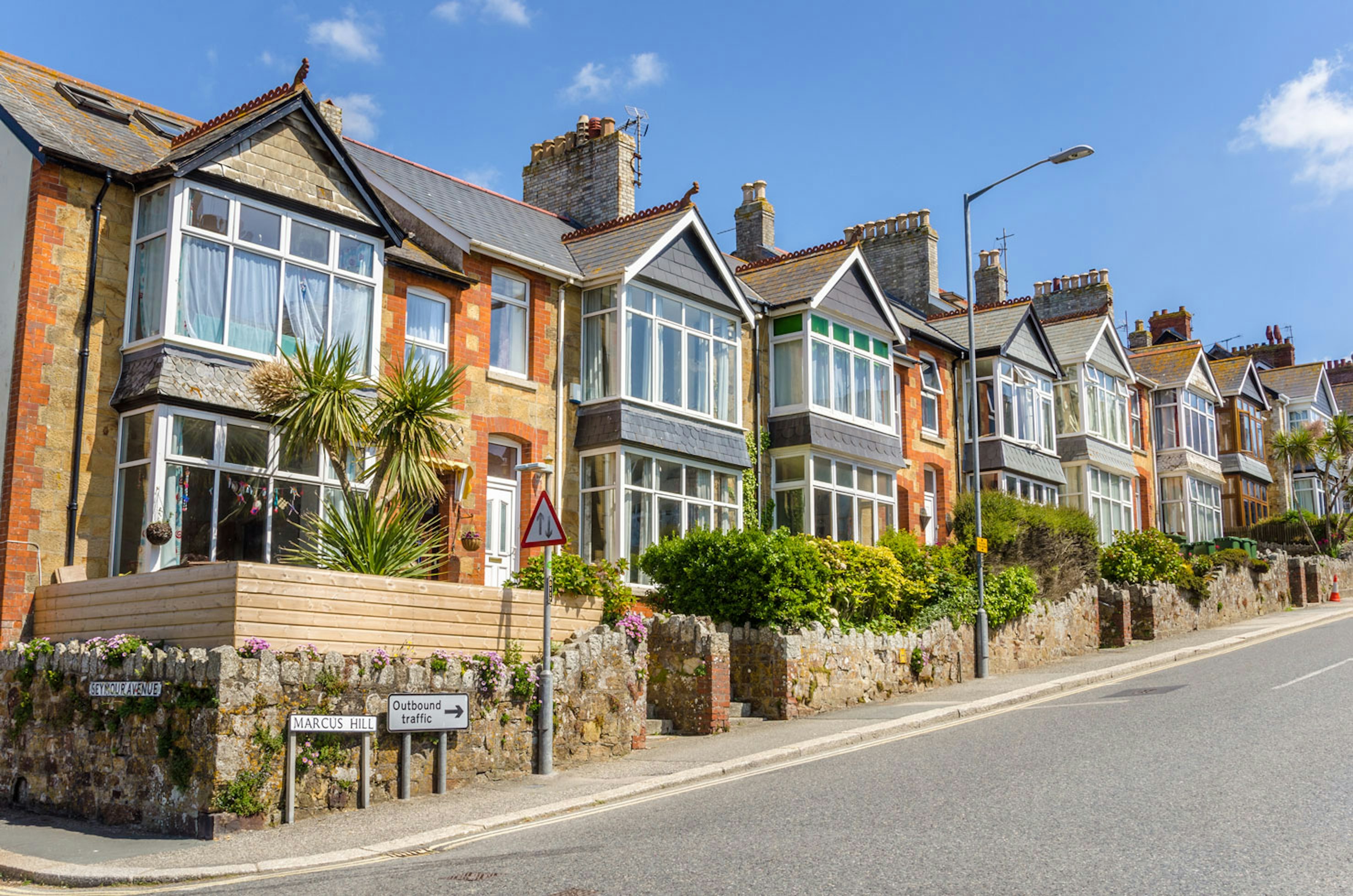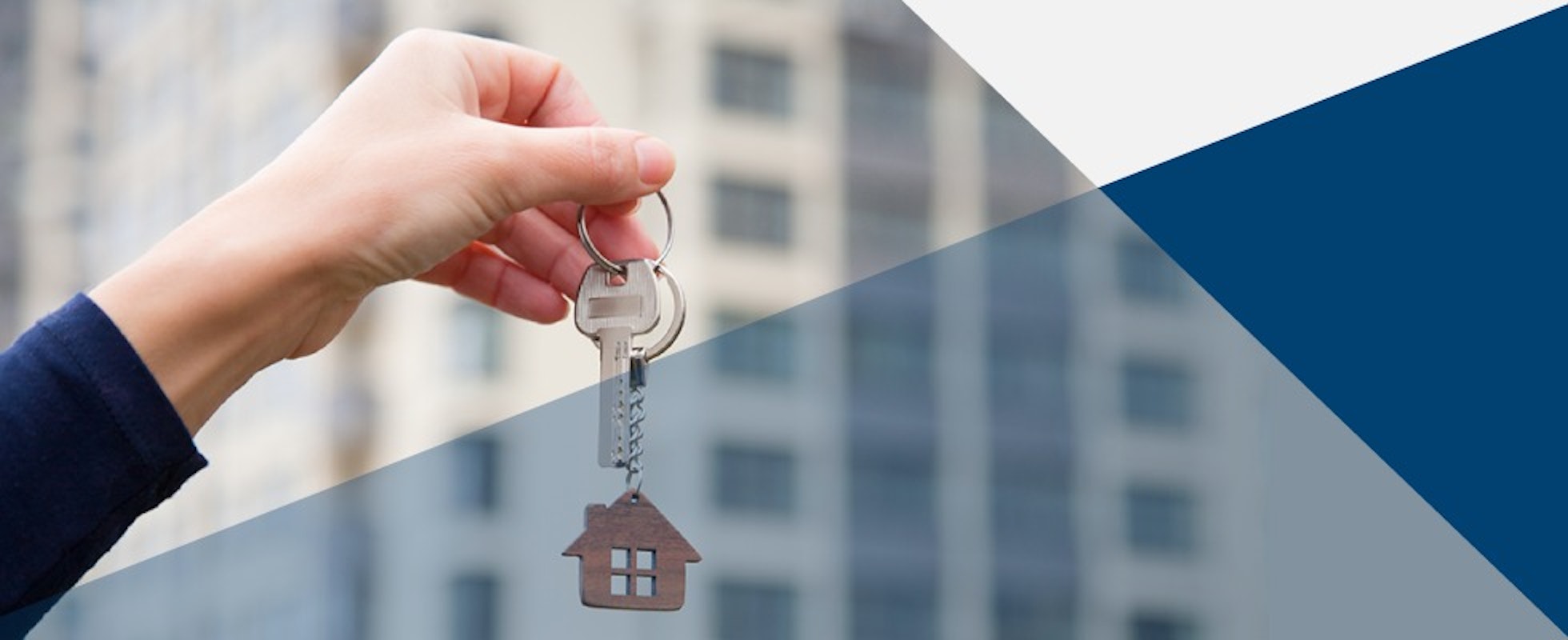How much tax do I need to pay on rental income?
If you rent out property, you’ll need to pay tax on any profit you make. You can work this out by deducting all your allowable expenses from your rental income.
By Alan Boswell Group

- Do you have to pay income tax on rental income?
- When to declare tax on rental income?
- How much rent is taxable?
- How much tax will I have to pay on my rental income?
- Can I still get buy-to-let mortgage tax relief?
- Do I have to pay National Insurance payments if I run a property business?
- When do I pay tax on rental income?
- Advice on getting it right
In this article
- Do you have to pay income tax on rental income?
- When to declare tax on rental income?
- How much rent is taxable?
- How much tax will I have to pay on my rental income?
- Can I still get buy-to-let mortgage tax relief?
- Do I have to pay National Insurance payments if I run a property business?
- When do I pay tax on rental income?
- Advice on getting it right
While it sounds like a simple calculation, tax on rental income can be complex to navigate – especially as different reliefs apply to different types of property let.
To ensure you don’t get caught out, here’s what you need to consider when it comes to paying tax on your rental income.
Do you have to pay income tax on rental income?
The short answer is yes, but rental income isn’t just the rent you receive, it includes any money you earn from letting out your property. This could be money kept from a deposit or money for services – for instance, if tenants pay for communal areas to be cleaned.
Let’s take an example:
You receive £5,000 in rental income for the year
You keep an additional £200 from your tenant’s deposit to cover repairs
You also keep £100 for cleaning
Your total rental income is £5,300.
When to declare tax on rental income?
The good news is that if you rent out property you own personally, you’re entitled to a £1,000 property allowance. This is the income you’re allowed to receive, tax free and there’s no need to declare it to HMRC (HM Revenue & Customs). Alternatively, you can claim for all expenses rather than the property allowance.
If you earn anything between £1,000 and £2,500 from your rental, after allowable expenses, you’ll need to let HMRC know by contacting them directly – they may be able to collect the tax you owe via the PAYE system. Any income over £2,500 needs to be declared on a Self-Assessment tax return.
From 6th April 2026, landlords with income exceeding £50,000 must comply with Making Tax Digital for Income Tax Self-Assessment (MTD for ITSA). Those earning £30,000-£50,000 will be required to comply from 6th April 2027.
How much rent is taxable?
You’re only taxed on the profit you earn – this is your total rental income minus any allowable expenses.
Allowable expenses generally include anything you spend maintaining and managing your property, including:
Letting agent fees
Repairs
Utility bills
Council tax
Services you pay for such as cleaning and gardening
If you own more than one rental property in the UK, you can add all your allowable expenses together.
You may also be entitled to certain tax reliefs, but these vary according to the type of property you own. For instance, if you’re renting out residential property, including a furnished holiday let, you can also claim ‘replacement of domestic items relief’ which covers the cost of replacing items you provide, such as sofas, curtains and carpets.
Commercial property also benefits from capital expenses for assets including lifts, escalators and electrical systems.
Need help with your insurance?
Whether you need a quote, have a general enquiry, or want to talk it through over the phone, we're here to help.
Send an enquiry
How much tax will I have to pay on my rental income?
Tax is charged depending on the band your income falls into. There are four bands:
Your personal allowance – you pay 0% on earnings up to £12,570
The basic rate – you pay 20% on earnings between £12,571 and £50,270
The higher rate – you pay 40% on earnings between £50,271 and £150,000
The additional rate – you pay 45% on anything over £150,000
It’s worth remembering that rental earnings could push you over the threshold into the next tax band. For example:
You earn £45,000 from your day job
You receive £8,000 in rent but have allowable expenses of £1,000
Your total rental income is £7,000 (£8,000 minus £1,000)
Your total income is £52,000
As the higher rate tax threshold starts at £50,271, you’ll pay 40% tax on the £1,729 that tips you over the limit
Can I still get buy-to-let mortgage tax relief?
Mortgage tax relief has been slowly phased out and from April 2020 you can't deduct mortgage interest from your rental earnings anymore. Instead, your tax liability reduces by a 20% tax credit of the interest paid.
Do I have to pay National Insurance payments if I run a property business?
If you are running a property business, you no longer need to pay Class 2 National Insurance contributions from April 2025, as per the Autumn Budget 2024 reforms.
You are considered to be running a property business if you:
Your primary occupation is being a landlord
Let multiple properties
Actively buy properties for rental purposes
When do I pay tax on rental income?
You’ll need to pay tax on the profits you make in each financial year (6 April to 5 April the following year).
If you’re filling out a paper Self-Assessment tax return, you’ll need to submit it by 31 October of the following financial year. Tax returns completed online won’t need to be submitted until the 31st January. For example, paper returns for the year 2024-2025 will need to be submitted by 31 October 2025 or 31 January 2026 if done online.
Advice on getting it right
There’s a lot to think about when it comes to working out the tax you owe on your rental income. It’s also crucial to get it right because getting it wrong could result in hefty fines and penalties.
As independent insurance brokers and financial planners, we’re here to give you the advice you need to manage your money and your business. To find out how we can help, speak directly to a member of the team by calling 01603 218000.
This article has been updated as of April 2025. Whilst we can provide generic guidance in respect of tax, we aren’t accountants. Tax laws can change and so can your personal circumstances so you may need to seek advice from a qualified accountant. Please also bear in mind that the Financial Conduct Authority does not regulate tax advice.
Related guides and insights

A landlord’s guide to rental arrears
When a tenant falls into rental arrears, it can cause major problems. We look at how to deal with non-payment of rent, what options are available to you and how you can protect yourself against loss of income.

A guide to increasing rent
If you’re looking to increase your tenant’s rent but are unsure how and when to do it and by how much, then look no further because we have all the information you need.

The average cost of renting a house in the UK
We look at the average salaries and rental costs (based on a two-bedroom house in the area) across every corner of the UK to discover the average cost of renting in the UK.

Right-to-rent checks
Under the right to rent scheme, landlords must check that prospective tenants have the right to live in the UK before renting out property. Failure to do so can result in heavy fines and even a prison sentence.
